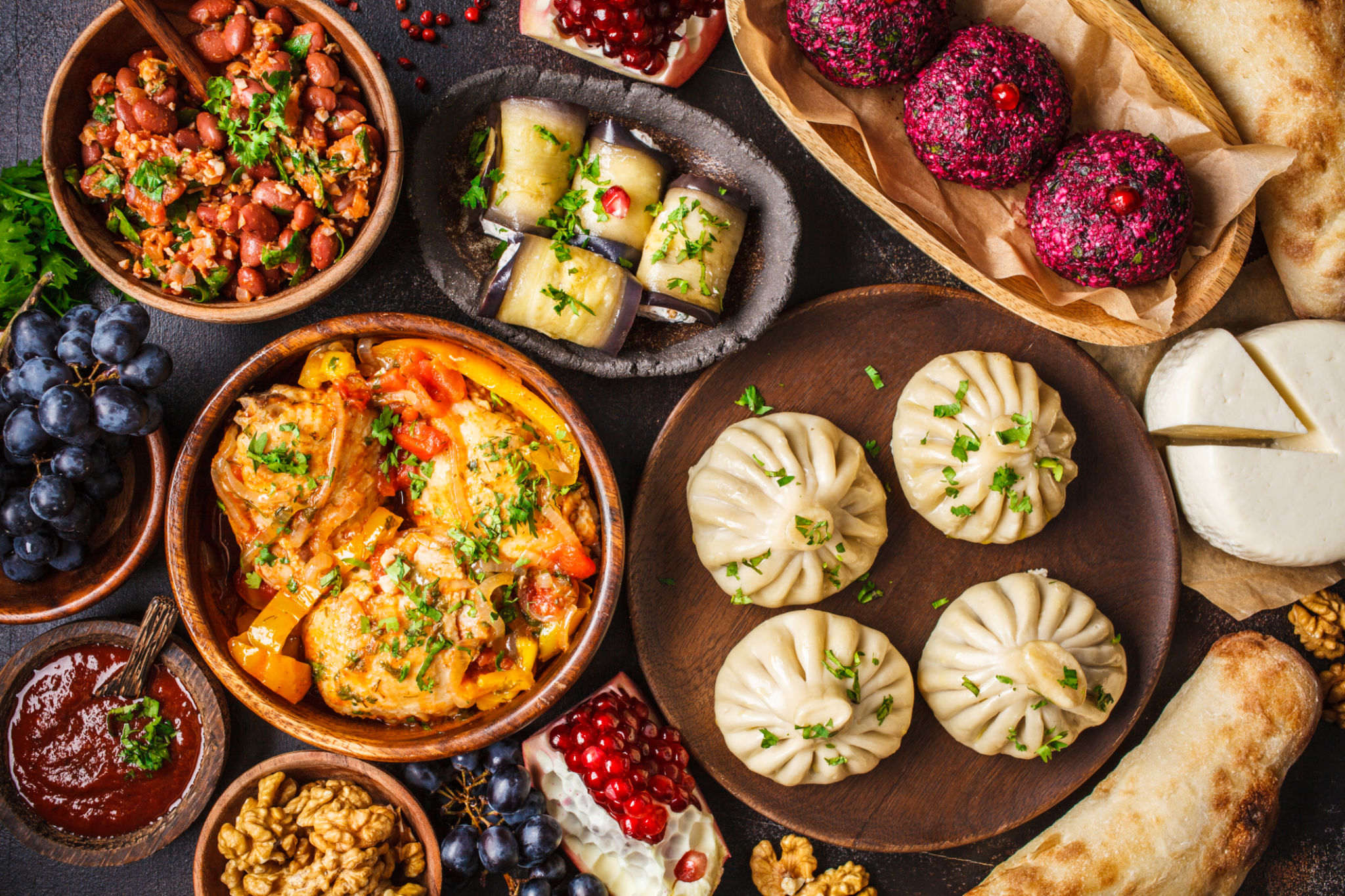Local Insights: What Indian Tourists Should Know About Georgian Culture
Understanding Georgian Hospitality
One of the most cherished aspects of Georgian culture is its renowned hospitality. Known as "supra," this traditional feast is an integral part of Georgian social life. Visitors are often treated like family, and it's common for hosts to go above and beyond to make guests feel welcome. Be prepared to indulge in generous servings of local delicacies, accompanied by heartfelt toasts led by the "tamada," or toastmaster.

The Rich Tapestry of Georgian History
Georgia is a country steeped in history, with influences from various empires and cultures over the centuries. From ancient cave cities like Uplistsikhe to the medieval monasteries of Mtskheta, history enthusiasts will find plenty to explore. Each site tells a unique story of the country's past, offering a fascinating glimpse into the blend of traditions that shape modern-day Georgia.
Georgia's strategic location at the crossroads of Europe and Asia has made it a melting pot of cultures. This diversity is reflected in the nation's architecture, language, and traditions. Indian tourists will find interesting parallels between Georgian and Indian history, particularly in their shared experiences of resilience and cultural exchange.

The Language and Communication
The official language of Georgia is Georgian, which uses its own unique script. While learning a few basic phrases can be helpful, many Georgians, especially in urban areas, speak English. This makes communication relatively easy for Indian tourists. However, showing an interest in the local language can enhance your travel experience and earn you smiles from locals.
Additionally, non-verbal communication plays a significant role in Georgian culture. A genuine smile or a friendly gesture can go a long way in overcoming language barriers. Embrace these cultural nuances to connect more deeply with the people you encounter during your travels.

Culinary Delights Await
Georgian cuisine is a delightful fusion of flavors and spices that Indian tourists are likely to appreciate. From the cheesy goodness of khachapuri to the savory spiciness of khinkali, there's something for every palate. Local wines, known for their unique production methods, are also a highlight and should not be missed.
- Khachapuri: A cheese-filled bread that varies by region.
- Khinkali: Dumplings filled with meat or vegetables.
- Churchkhela: A traditional candy made from nuts and grape juice.
Understanding Traditions and Etiquette
When interacting with Georgians, it's important to understand certain cultural norms and etiquette. Respect for elders is deeply ingrained in society, and addressing them with proper titles is considered polite. When visiting religious sites, modest clothing is recommended to show respect for local customs.

Participating in a "supra" requires understanding the role of toasting. Toasts are an essential part of Georgian feasts, often reflecting deep respect and well-wishes. As a guest, you may be invited to offer a toast; keeping it sincere and brief is appreciated.
The Art and Music Scene
Georgia boasts a vibrant art and music scene that reflects its cultural diversity. Traditional polyphonic singing is recognized by UNESCO as an Intangible Cultural Heritage of Humanity, offering a unique auditory experience for visitors. Art galleries in Tbilisi showcase the works of both contemporary and historical Georgian artists.
For those interested in performing arts, the Rustaveli Theatre and Tbilisi Opera House are must-visit venues. They provide a window into the country's rich artistic traditions while also highlighting modern interpretations.

In conclusion, Georgia offers a wealth of cultural experiences for Indian tourists. From its warm hospitality to its diverse culinary offerings and deep historical roots, there's much to discover. By understanding and respecting local customs, visitors can enrich their travel experience and create lasting memories in this beautiful country.
